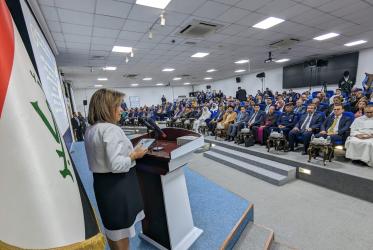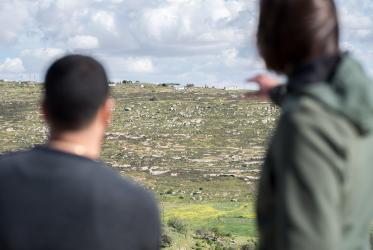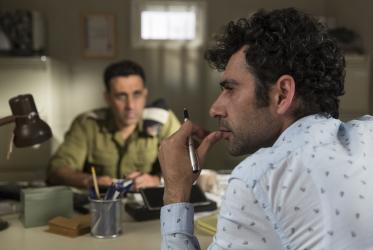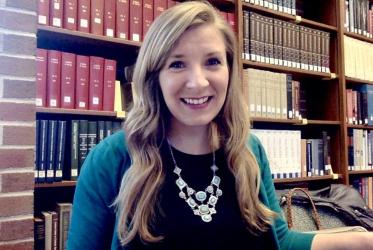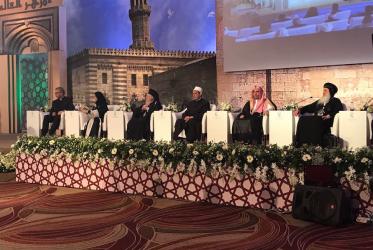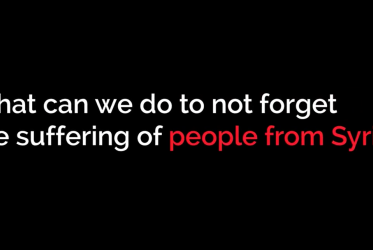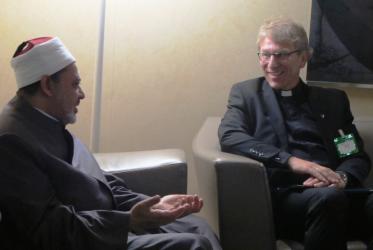Displaying 1 - 20 of 33
Paving the way for ecumenical studies, learning English in Bossey
24 September 2018
Film “Tel Aviv on Fire” wins Interfilm award
12 September 2018
Broken glass of hope grown out of rubble
16 July 2018
Faces of Hope raises awareness
07 March 2018
Holy work for the Holy Land
29 March 2017
Dialogue flourishes between WCC, Muslim Council of Elders
30 September 2016
WCC general secretary reflects on peace in Palestine and Israel
20 September 2016
Facilitating peace with passion
26 July 2016
Peace, health and education are Gaza's future
24 May 2016

